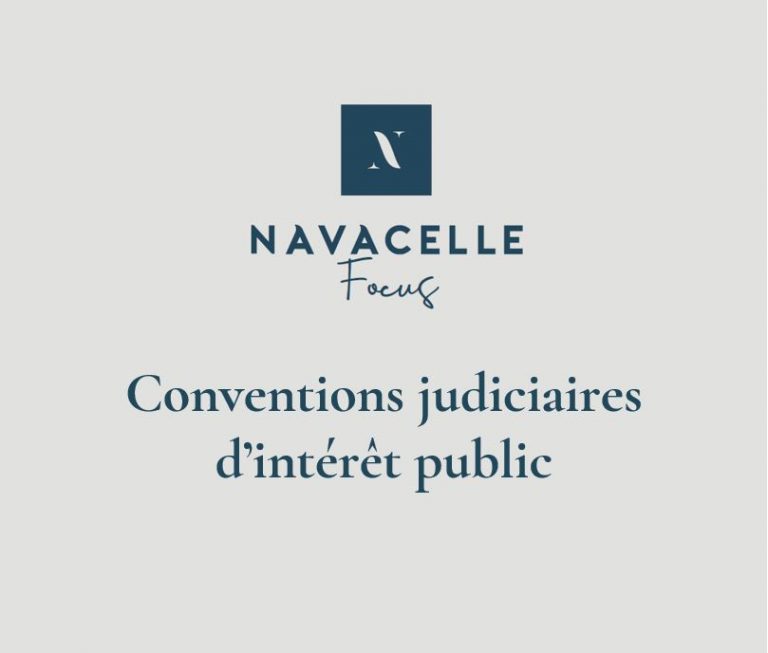In the aftermath of the UBS1 and Cahuzac2 scandals, a law established in October 20183 aims at better identifying and sanctioning fraud, with a focus on aggravated tax fraud.
This is reflected in the reinforcement of resources allocated to the fight against fraud, the facilitating of criminal prosecution and the increase of existing tax sanctions and criminal sentences for offenders.
The law on the fight against fraud reinforces the efficiency of tax fraud investigations
The law on the fight against fraud creates a judicial police service within the Budget Ministry, under the supervision of the judiciary4.
This new judicial police service was set up on July 3, 2019 by the Minister of the Budget, Gérald Darmanin5. There are currently 25 investigators and 40 investigators are to be expected by the fall6.
The tax investigators are competent on French soil, investigate tax fraud, aggravated tax fraud and the laundering of the proceeds of such offenses and have police powers – adversely to tax agents in charge of tax inquiries7. They have in particular the powers to put individuals in police custody and can carry a weapon.
Additionally, new investigative powers are introduced for the judicial tax officers in the French criminal procedure code. They now have access to criminal police history files8 and can liaise with police from other EU Member States in order to exchange information9.
Tax agent access to police powers is counterbalanced by the widened access to tax administration files by other people likely to encounter fraud in the course of their investigative missions. This is a breakthrough in the fight against fraud, as a significant amount of information is protected by tax secrecy. Exchange of tax information is thus facilitated between the different French administrations and in fine to the judiciary.
Bercy shares its power to prosecute tax fraud with the judiciary
Initially, for the prosecution of tax offenses under French law, the Prosecutor first had to obtain the approval of French tax authorities, commonly referred to as “Bercy” to initiate criminal proceedings10. The Bercy monopoly was unlike ordinary criminal procedures and suffered a lot of criticism, as considered an obstacle to the prosecution of tax offences.
The law puts a partial end to the Bercy monopoly as it provides for specific situations where the tax administration must automatically refer the case to the Prosecutor. This is the case (i) for major fraud involving duties above 100 000 euro when the tax administration applied a tax penalty (whether 100%, 80% or 40%)11 (ii) when a tax penalty was applied to a person bound to declare his/her patrimony to the High Authority for the Transparency of Public Life12. In addition, the Bercy monopoly no longer applies when the investigation uncovers new facts concerning the same individual.
The goal is thus to draw a distinction between minor and major fraud. This is in line with the French Constitutional Council position which considered that it is possible to combine a tax penalty and a criminal sentence for the most serious breaches of tax obligations13.
One thousand cases from Bercy were sent to court last year, and the Budget Ministry believes this number could double pursuant to the enactment of this law.
Plea-bargaining and judicial conventions of public interest extended to tax fraud
Another significant legal development introduced by Sapin II law is that the Prosecution can now use negotiated procedures such as plea-bargaining (comparution sur reconnaissance préalable de culpabilité) and the French equivalent of the DPA (convention judiciaire d’intérêt public, “CJIP”) for tax offences. This shows an extension of the negotiation from tax administration to prosecution in tax-related matters.
The law against tax fraud also introduced several others mechanisms to enhance the efficiency of the fight against fraud such as the “Name and Shame” (i.e., the publication of tax sanctions imposed on companies in serious breach of their tax obligations), the establishment of a tax sanction for intermediaries who intentionally help a taxpayer commit tax fraud, the broadening of the tax flagrance procedure, and the tightening of the provisions relating to tax-privileged States and non-cooperative territories.














